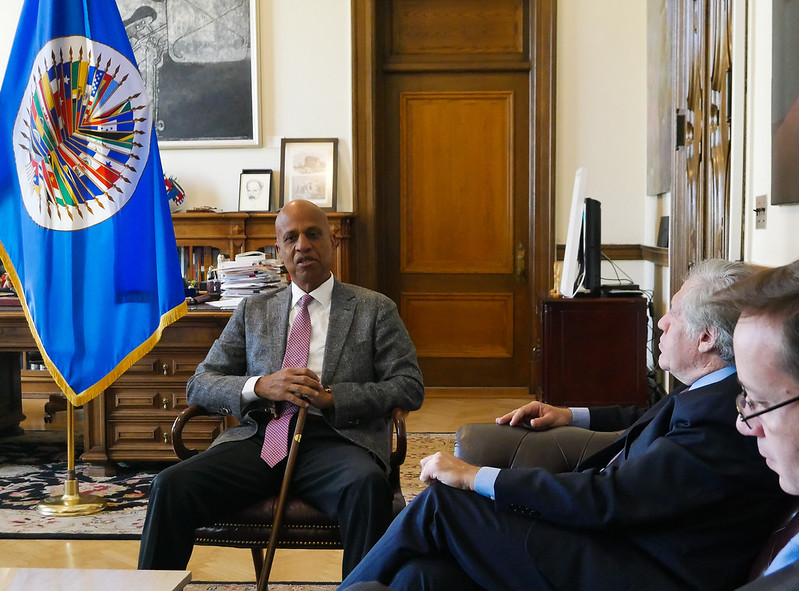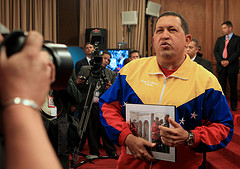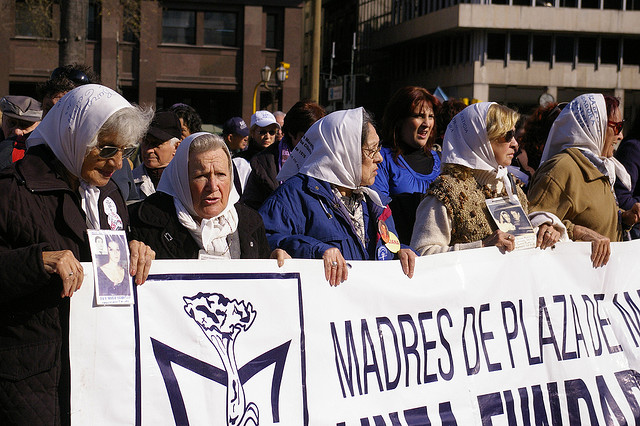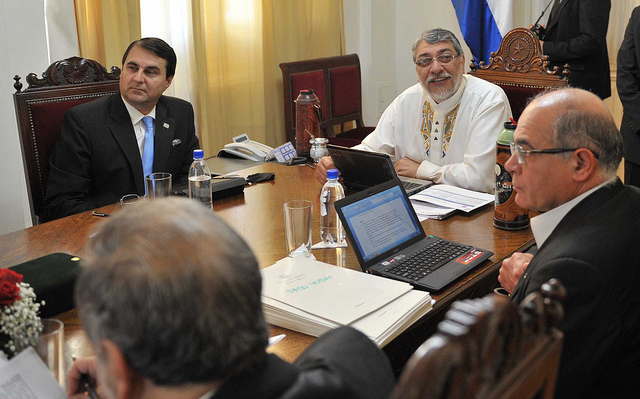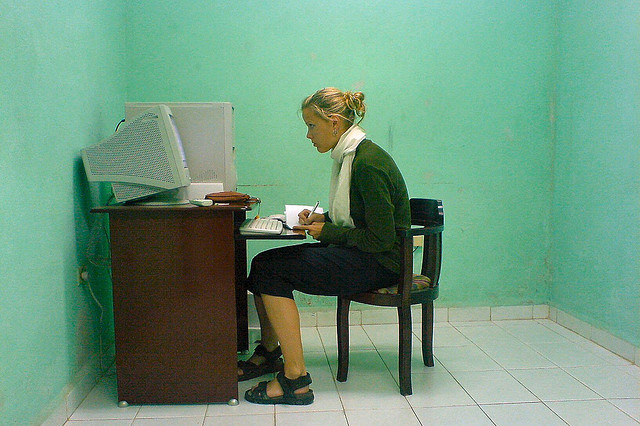
Caribbean, Cuba, Latin America: Week in Review
Cuban Internet Users Caught Between U.S. And Cuban Restrictions
June 28, 2012 By Staff
Top Story — After blocking Cuba’s access to Google Analytics last week despite having approved $4 million in taxpayer money to create a “digital democracy” program on the island, the U.S. is sending a mixed message about its commitment to increasing the free flow of online information to Cuba. An April U.S. State Department letter to Congress said that it would spend millions on technology projects in Cuba with the goal to “increase the flow of uncensored information to, from and within the island” by September 30. However, U.S. export controls and trade sanctions have led Google to block islanders’ access to Google Earth, Google Toolbar, and now Google Analytics, as well as other services provided by other corporations. Due to additional restrictions by the Cuban government, which blocks user access to services like Skype, Cubans have the lowest Internet penetration rate in the Western Hemisphere and use alternate, government-censored versions of popular sites like Facebook (the Cuban version is called “Redsocial”) and Wikipedia (“EcuRed”) due to limited or unreliable access to the original versions.
Read more from Global Post.
Headlines from the Western Hemisphere
North America
- A Quinnipiac University poll on Tuesday shows that U.S. President Barack Obama is gaining an advantage over rival Mitt Romney in key battleground states following his announcement of new policy toward young undocumented immigrants.
- Mexico’s youth movement, exemplified by #YoSoy132, is gaining momentum ahead of the July 1 presidential elections and may exert considerable influence on the result.
- Mexican doctors removed a 33-pound tumor from a 26-pound 2 year-old boy on June 14.
Caribbean
- The ACLU filed a federal lawsuit Wednesday against the Puerto Rican government for what it says is an excessive amount of police force against demonstrators.
- A judge in Miami blocked a Florida law that would block contracts of over $1 million to companies whose parent companies or affiliates do business with Cuba.
Central America
- Salvadoran and Guatemalan police have teamed up to investigate the trafficking of methamphetamine precursor chemicals from Asia to Central America.
- A 5.8-magnitude earthquake struck western El Salvador early Wednesday morning.
- Ruins of a historic fortress at Portobelo-San Lorenzo in Panama were placed on the endangered UNESCO World Heritage site list because they are rapidly deteriorating.
Andes
- Ecuador’s Minister of Foreign Affairs said that the Ecuadorean embassies in the U.S. and Britain have received over 10,000 e-mails requesting asylum for WikiLeaks founder Julian Assange.
- Venezuela’s Democratic Action party leader Edgar Zambrano said that two of the party’s lawmakers may have been kidnapped after they went missing after a Sunday afternoon TV appearance.
- The Inter-American Court of Human Rights (IACHR)said it would investigate Colombian Air Force’s 1998 bombing of the town of Santo Domingo in Arauca that killed 17 civilians.
- The Ecuadoran Navy said it discovered a drug-transporting submarine being constructed in the Gulf of Guayaquil.
Southern Cone
- Retired Brazilian Col. Carlos Alberto Brilhante Ustra, former head of São Paulo’s secret police during Brazil’s 1964-1985 military dictatorship, was ordered to pay $25,000 each to two family members of a Brazilian journalist who was beaten and murdered in custody.
- Paraguayan ambassador Hugo Saguier accused Argentina, Brazil and Uruguay of forming a new “Triple Alliance” against Paraguay by refusing to recognize the country’s new government, alluding to the 1865-1870 war in which those countries decimated the male population of Paraguay.
- Argentine President Cristina Fernández de Kirchner said Argentina would not bring the Falkland Islands dispute to the London Olympic Games this summer.
Image: larskflem @ Flickr.

